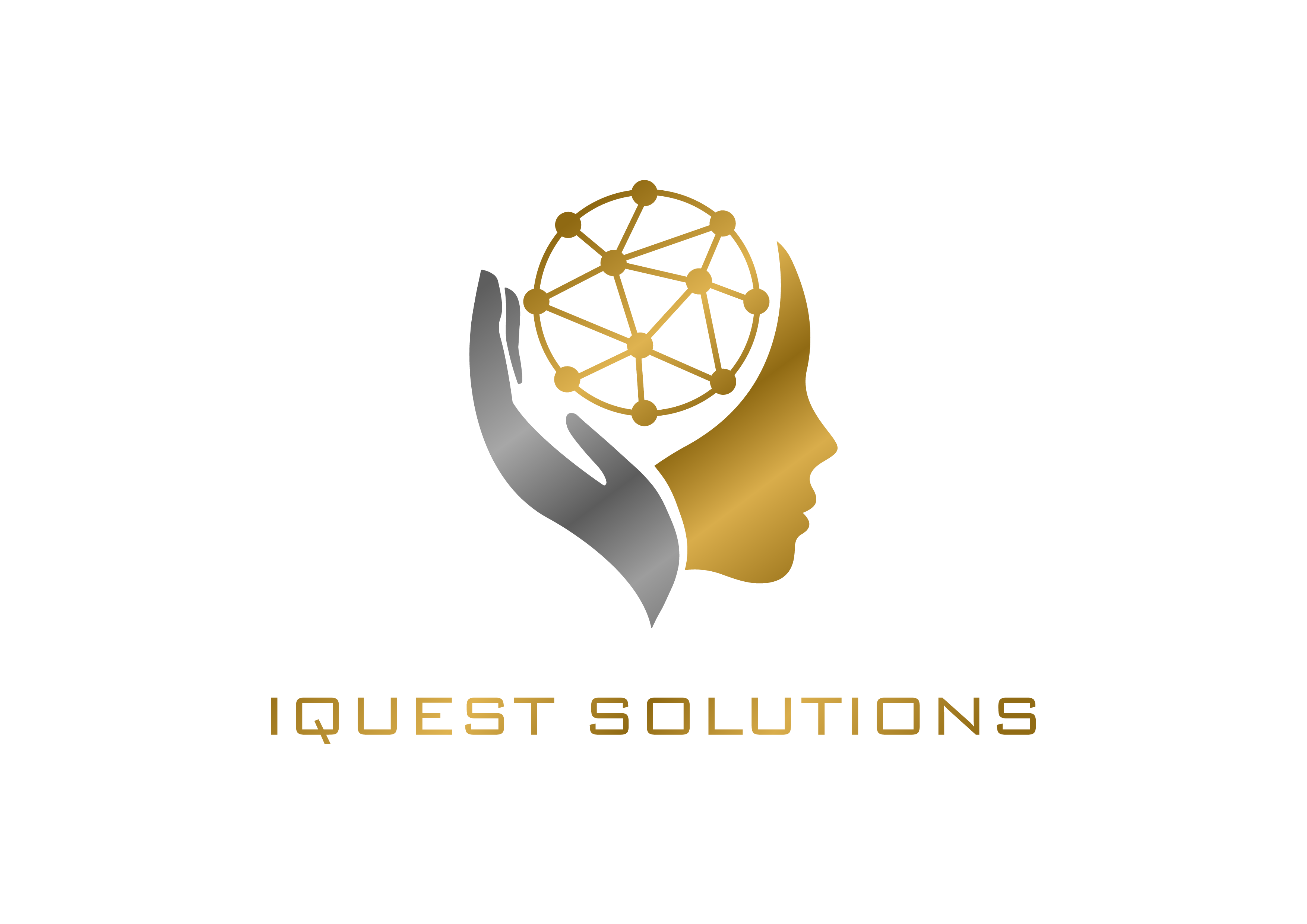Unlocking Success: The Power and Importance of ISO 9001 Certification

In the fast-paced world of business, organizations are constantly striving to improve their operations, enhance customer satisfaction, and stay ahead of the competition. One powerful tool that has proven to be a game-changer in achieving these goals is the ISO 9001 certification.
ISO 9001 is not just a set of letters and numbers; it’s a globally recognized quality management standard that sets the benchmark for excellence. At its core, ISO 9001 is all about helping companies consistently provide high-quality products and services while meeting regulatory requirements. Now, you might wonder, why is this certification so important?
1. Customer Trust and Satisfaction: ISO 9001 emphasizes customer focus, ensuring that organizations understand and meet customer requirements. By implementing this standard, companies enhance customer trust, leading to increased satisfaction and loyalty. Satisfied customers are more likely to become repeat customers and recommend your business to others, creating a positive feedback loop.
2. Improved Processes and Efficiency: ISO 9001 encourages organizations to streamline their processes, identify inefficiencies, and establish effective workflows. This not only leads to improved product and service quality but also enhances overall efficiency. Efficient processes save time and resources, allowing businesses to operate more cost-effectively.
3. Competitive Edge in the Market: In today’s highly competitive market, standing out is crucial. ISO 9001 certification is a badge of honor that signals to customers, partners, and stakeholders that your organization is committed to quality. It gives you a competitive edge by demonstrating your dedication to meeting and exceeding industry standards.
4. Regulatory Compliance: Adhering to regulations is non-negotiable in many industries. ISO 9001 provides a structured framework that helps organizations ensure compliance with legal and regulatory requirements. This not only reduces the risk of legal issues but also fosters a culture of responsibility and accountability within the company.
5. Continuous Improvement: ISO 9001 is not a one-time achievement but a commitment to continuous improvement. Organizations with this certification are encouraged to regularly assess and enhance their processes. This dedication to ongoing improvement allows companies to adapt to changing market conditions, technology advancements, and customer needs.
6. Enhanced Decision-Making: With a focus on data-driven decision-making, ISO 9001 equips organizations with the tools to gather and analyze meaningful data. This empowers leaders to make informed decisions based on evidence and trends, leading to better strategic planning and long-term success.
In conclusion, ISO 9001 is not just a certificate to hang on the wall; it’s a strategic investment in the future success of your organization. By prioritizing quality management, companies can build trust, improve efficiency, stay competitive, and foster a culture of continuous improvement. In a world where excellence is the key to sustainability, ISO 9001 is the compass that guides businesses towards their goals.

